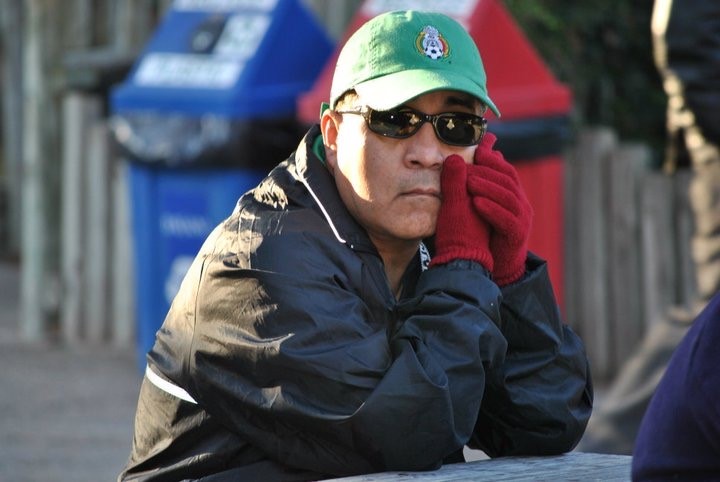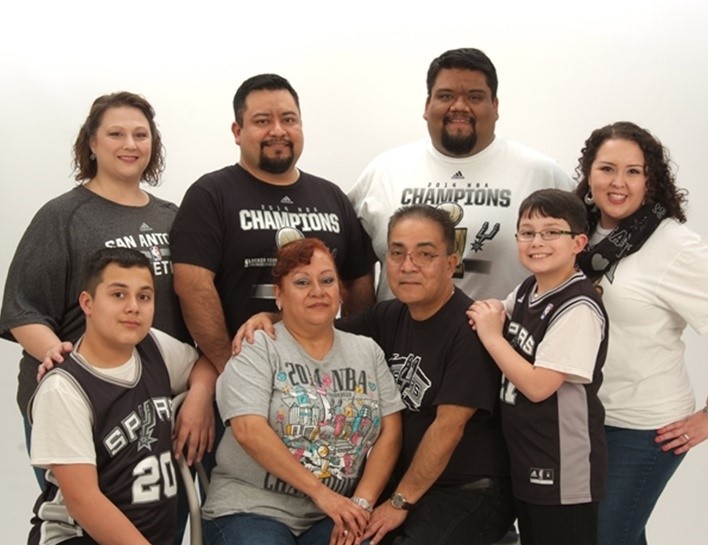Losing a loved one is a life-changing event. In addition to coping with loss, there is an avalanche of matters for families to manage.
Oftentimes, funeral professionals are among the first to assist families after a death occurs.
Having a funeral or memorial service is usually a pivotal part of a family’s grief journey. It allows family and friends to acknowledge the death, come together to say goodbye, and reflect on memories of their loved one.
March 11 is National Funeral Director and Mortician Recognition Day. This observance is an opportunity to acknowledge the compassionate care and service that funeral professionals provide to families who have experienced a death loss.
In recognition of this day, we will be sending cards to funeral homes throughout our service area to thank them for the care and support they provide for bereaved families.
We are inviting you to acknowledge the funeral service professionals who assisted you during your loss. We will provide you with the cards to write your message on and pre-paid postage.
If you’d like to participate in this effort, fill out the form in the January Grief Support and Life Legacies newsletter.



